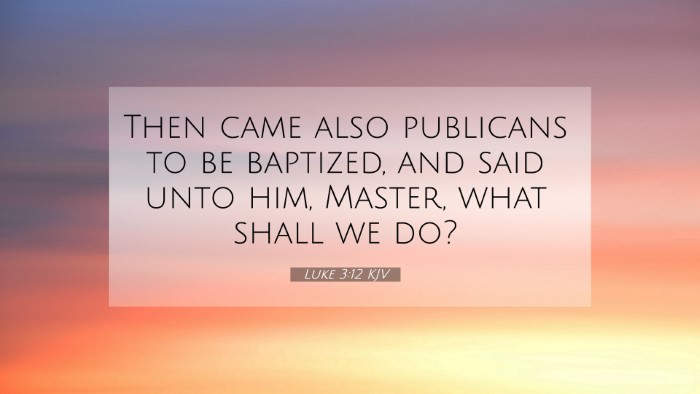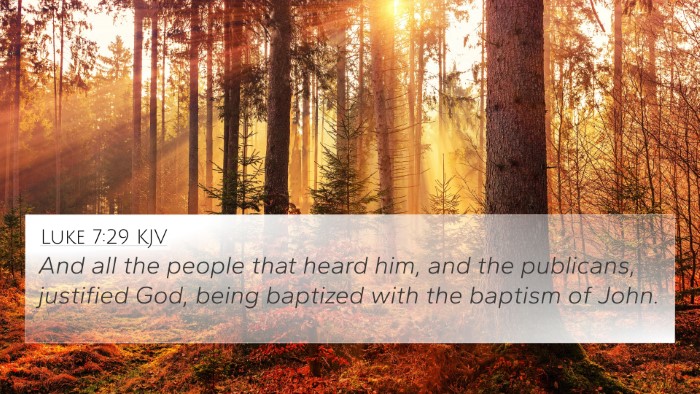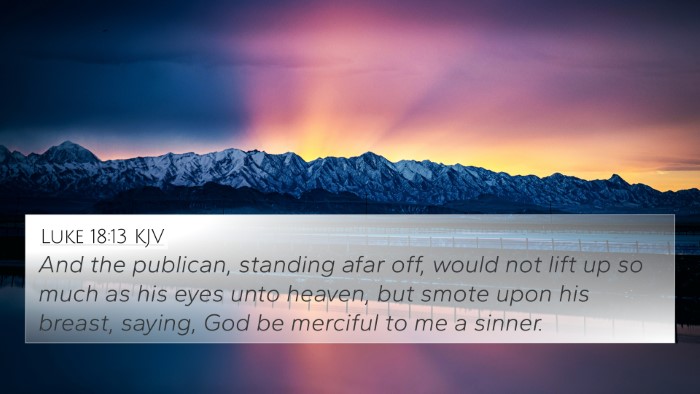Old Testament
Genesis Exodus Leviticus Numbers Deuteronomy Joshua Judges Ruth 1 Samuel 2 Samuel 1 Kings 2 Kings 1 Chronicles 2 Chronicles Ezra Nehemiah Esther Job Psalms Proverbs Ecclesiastes Song of Solomon Isaiah Jeremiah Lamentations Ezekiel Daniel Hosea Joel Amos Obadiah Jonah Micah Nahum Habakkuk Zephaniah Haggai Zechariah MalachiVerse
Luke 3:1 Luke 3:2 Luke 3:3 Luke 3:4 Luke 3:5 Luke 3:6 Luke 3:7 Luke 3:8 Luke 3:9 Luke 3:10 Luke 3:11 Luke 3:12 Luke 3:13 Luke 3:14 Luke 3:15 Luke 3:16 Luke 3:17 Luke 3:18 Luke 3:19 Luke 3:20 Luke 3:21 Luke 3:22 Luke 3:23 Luke 3:24 Luke 3:25 Luke 3:26 Luke 3:27 Luke 3:28 Luke 3:29 Luke 3:30 Luke 3:31 Luke 3:32 Luke 3:33 Luke 3:34 Luke 3:35 Luke 3:36 Luke 3:37 Luke 3:38





